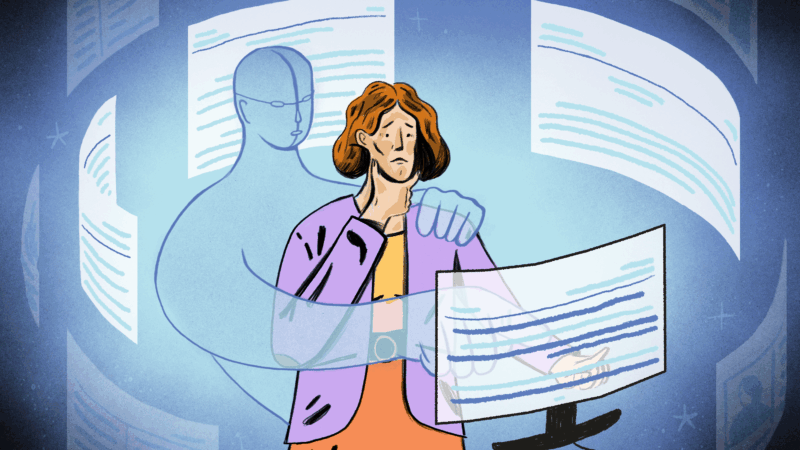UAB Launches First Uterus Transplant Program In Southeast
Doctors estimate that worldwide, hundreds of thousands of women cannot get pregnant because they either do not have a uterus or they have one that does not function properly. For some, uterine transplantation provides an option to bear children.
UAB Hospital announced last week it would begin offering this procedure, making it the first program in the southeast and the only institution in the nation to offer uterus transplants outside of a clinical trial.
A Life-Enhancing Procedure
Surgeon Dr. Paige Porrett, who is leading UAB’s program, said uterine transplantation is fairly new. Doctors in Sweden conducted the first surgery in 2014 and initially Porrett was not convinced about the procedure.
“I was not a big fan of the idea or the concept of uterus transplantation when I was first introduced to it,” she said.
Unlike with a heart or kidney, a uterus transplant is not necessary to survive. But Porrett said the potential impact is significant.
“It was after I began to be introduced to the community that this transplant can serve that I began to change my mind,” she said.
Another Option
Porrett said she was moved by people like Jennifer Gobrecht, who gave birth to her son Benjamin about a year ago.
“He’s got four teeth,” she said. “He’s almost crawling. He likes to roll a lot.”
Gobrecht was born without a uterus, a condition that affects about one in 4500 women. She said there are other options, like using a gestational carrier, but the process can be complicated and not always accessible.
Gobrecht participated in a clinical trial led by Porrett at the University of Pennsylvania, one of three uterine transplant research trials in the country.
She said she was excited to try the transplant, not only to become pregnant, but also to help pave the way for other women.
“The part that kind of attracted me was the medical advancement,” Gobrecht said. “There was a lot of research to this, which was part of my passion.”
Looking Ahead
The uterine transplant process takes years and involves months of evaluation, several surgeries, anti-rejection drugs and in vitro fertilization.
Unlike other transplants, it is temporary. After a woman has given birth once or twice via cesarean section, the transplanted uterus is removed.
According to Porrett, there have been an estimated 80 uterine transplants worldwide, with more than 20 resulting in live births.
While some programs accept organ donations from live donors who offer to have their uterus removed, the program at UAB Hospital will only use deceased donors. Doctors hope to complete their first uterine transplant by summer of 2021.
Editor’s Note: UAB holds WBHM’s broadcast license but our news and business departments operate independently.
The candy heir vs. chocolate skimpflation
The grandson of the Reese's Peanut Butter Cups creator has launched a campaign against The Hershey Company, which owns the Reese's brand. He wants them to stop skimping on ingredients.
Scientists make a pocket-sized AI brain with help from monkey neurons
A new study suggests AI systems could be a lot more efficient. Researchers were able to shrink an AI vision model to 1/1000th of its original size.
U.S. evacuates diplomats, shuts down some embassies as war enters fourth day
The United States evacuated diplomats across the Middle East and shut down some embassies as war with Iran intensified Tuesday while President Trump signaled the conflict could turn into extended war.
North Carolina and Texas have primary elections Tuesday. Here’s what you need to know
The midterm elections are officially underway and contests in Texas and North Carolina will be the first major opportunity for parties to hear from voters about what's important to them in 2026.
Kristi Noem set to face senators over DHS shutdown, immigration enforcement
The focus of the hearing is likely to be on how Kristi Noem is pursuing President Trump's mass deportation efforts in his second term, after two U.S. citizens were killed by immigration officers.
College students, professors are making their own AI rules. They don’t always agree
More than three years after ChatGPT debuted, AI has become a part of everyday life — and professors and students are still figuring out how or if they should use it.







